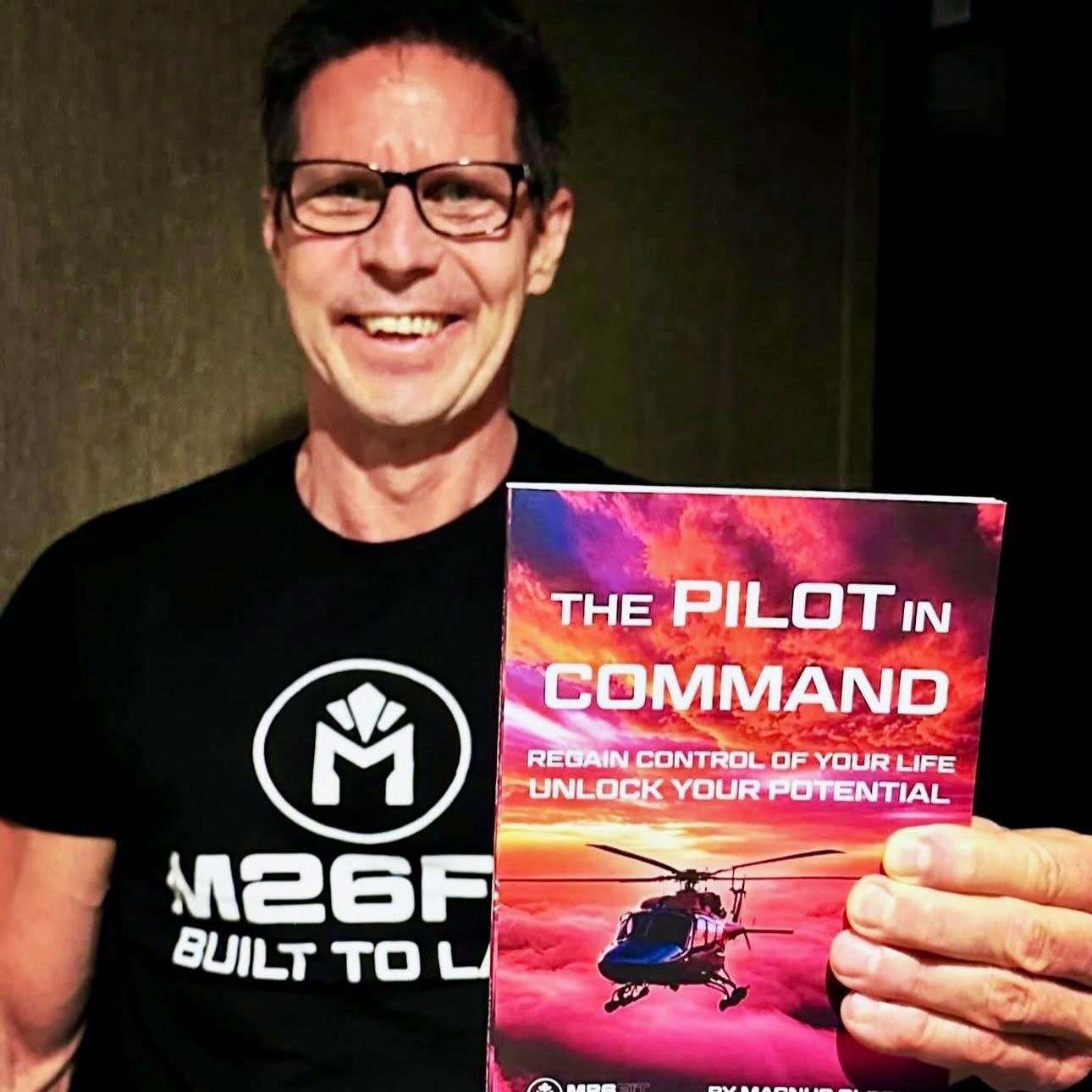


Now that exams are over and the term is winding up, it is time for students who are series about academic success to reflect honestly on their approach to their studies ad to plan the way forward next term. This blog contains ideas about strategies you can use to focus yourself on behaviours designed to maximise your potential. Vague goals such as I will try harder, get you nowhere! To improve, you will need to identify a range of specific behaviours you can use to improve your academic approach. Then you need to perform these behaviours consistently. Which of the following will you select?
| My Choices |
Strategy I will use |
|
Complete homework the night it is given |
|
|
Email and speak to your teacher any questions you have about homework before the lesson |
|
|
Ensure all work is filed neatly. A hard cover A4 book is more effective than a loose-leaf folder. |
|
|
Be on time (or even early) to class |
|
|
Get books out & other materials ready as soon as I enter the classroom |
|
|
Attempt every answer in class and homework |
|
|
Correct work discussed in class (and check spelling if necessary) |
|
|
Edit homework answers as it is discussed or correct them |
|
|
Record all notes from the board quickly and accurately |
|
|
Ask for clarification when required. |
|
|
Attempt to contribute to discussion at least once per lesson |
|
|
Take my time, analyse what the question asks and have a go (in discussion when it is my turn and in written work) |
|
|
Work independently when it is an independent task |
|
|
Share my ideas when it is a group task and record the ideas of others |
|
|
Bring all required materials- books, highlighters, pens, scissors, glue, ruler et c |
|
|
When I finish, look for additional corroborating evidence to expand and strengthen answers |
|
|
Answer the way the question says- e.g. list, sentences, paragraph |
|
|
Ask questions when I don’t understand but be ready to explain what I think the task requires and where I am confused |
|
|
Listen attentively during class discussions and add new ideas to my own answers or brainstorming |
|
|
Revise every lesson in some way each night while it is fresh in your mind. |
|
|
Use a variety of revision strategies to strengthen connections. |
|
|
Maintain a vocabulary list for every subject and update and revise this regularly |
|
|
Revise by rewriting previous questions without looking at past answers |
|
|
Revise by re-reading notes every day |
|
|
Revise by reading the newspapers and relating what I am learning to current events |
|
|
Revise by watching SBS or ABC news and relating what I am learning to current events |
|
|
Revise by discussing key ideas with others in a study group |
|
|
Revise by discussing key ideas with parents |
|
|
Develop my own revision strategies |
USING MULTIPLE MODES TO REVISE
Research on human intelligence presents us with a constant flow of new information on how the human brain operates, how it differs in function between genders, how emotions impact on intellectual acuity, even how genetics and environment impact upon our cognitive abilities. Howard Gardner of Harvard University has identified different kinds of intelligence he argues we all possess. Thus far Gardner has identified nine intelligences. He speculates that there may be many more yet to be identified. Use as many of these different modes to revise as you can. Gardner speculates that these intelligences include:
VISUAL/SPATIAL - people who learn best visually and organising things spatially. Revise your work by creating mind maps, colour coding, charts, graphs, maps, tables, illustrations, story boards, art, puzzles- anything eye catching.
VERBAL/LINGUISTIC - people who demonstrate strength in the language arts: speaking, writing, reading, listening. Revise your work by re-reading notes, taping summaries, writing questions and answers, etc.
MATHEMATICAL/LOGICAL - people who display an aptitude for numbers, reasoning and problem solving. Revise your work by listing events in chronological sequence or order of importance, numbering key points, identifying cause - effect relationships, etc.
BODILY/KINESTHETIC - people who experience learning best through activity: games, movement, hands-on tasks, building. Revise your work by cutting and pasting cause effect or chronology points, creating flash cards, create a Trivial pursuit set for the topic, search the internet & cut & paste key points, etc,
MUSICAL/RHYTHMIC - people who learn well through songs, patterns, rhythms, instruments and musical expression. Revise your work by writing rap chants of key facts, setting formulae to songs, etc.
INTRAPERSONAL - people who are especially in touch with their own feelings, values and ideas. Revise your work by identifying key facts or ideas and organising them into ideas which you agree with, disagree with, find important, etc.
INTERPERSONAL - people who are noticeably people oriented and outgoing, and do their learning cooperatively in groups or with a partner. Revise your work by organising group quizzes, teaching someone else, etc.
NATURALIST - people who love the outdoors, animals, field trips. More than this, though, these students love to pick up on subtle differences in meanings. Revise your work by examining the impact of the topic on the natural world, by comparing and contrasting, etc
EXISTENTIALIST - people who learn in the context of where humankind stands in the "big picture" of existence. Revise your work by identifying the key points, concepts and ideas and then identifying the significance of each to one another and to the world we live in now.
IDEAS FOR REVISION USING MULTIPLE MODES
DIRECTIONS: Select a few of the following activities to help revise your current topic in different ways.
Create a timeline of key events on a piece of Card Board. Draw your timeline to scale.
In a group, create a set of Trivial Pursuit cards with questions and answers based on what you have learned. Divide questions into categories. Play the game with friends.
Create a mind map showing the relationships between all the key ideas related to this topic. Use different colours for different themes. Put this in a prominent place to remind you of the key ideas.
Write a rap song describing what you have learned in the unit.
Script key scenes in a miniseries based on a key event, discovery or novel you have studied.
Draw a storyboard for a short documentary on the topic you have studied.
Write a series of quiz questions based what you have learned and record these. Use your iPod to quiz yourself or a friend.
Write a series brief lecturette to explain the main concepts of the topic you have studied to a lower grade.
Make a series of mix and match word and definition cards for key terms in this study.
Create a magazine cover with key images and ideas important to what you have learned in this unit.


BY SUE BURVILL-SHAW